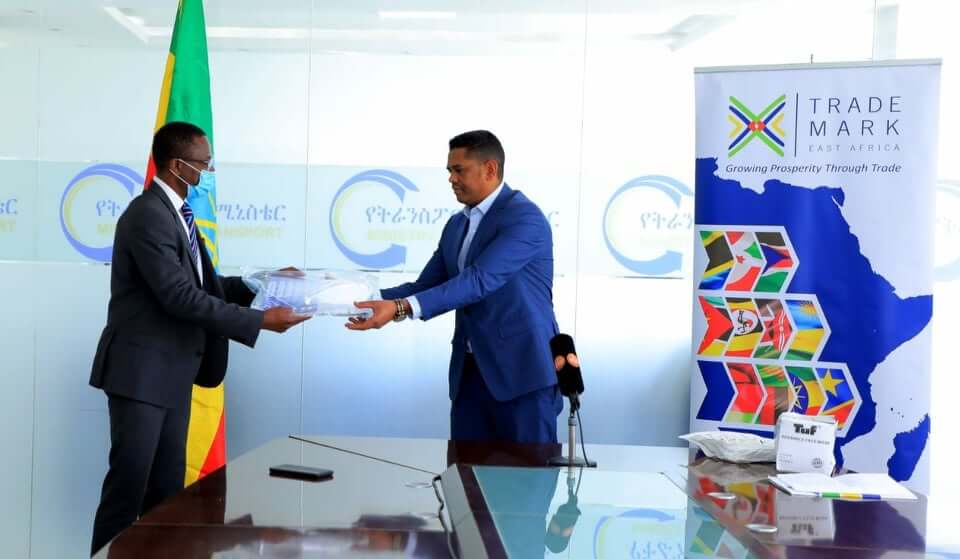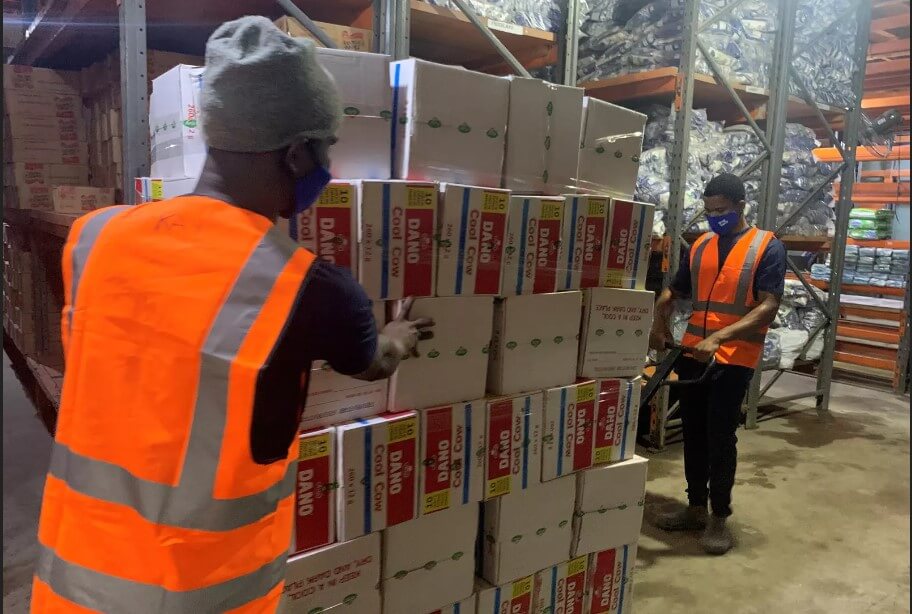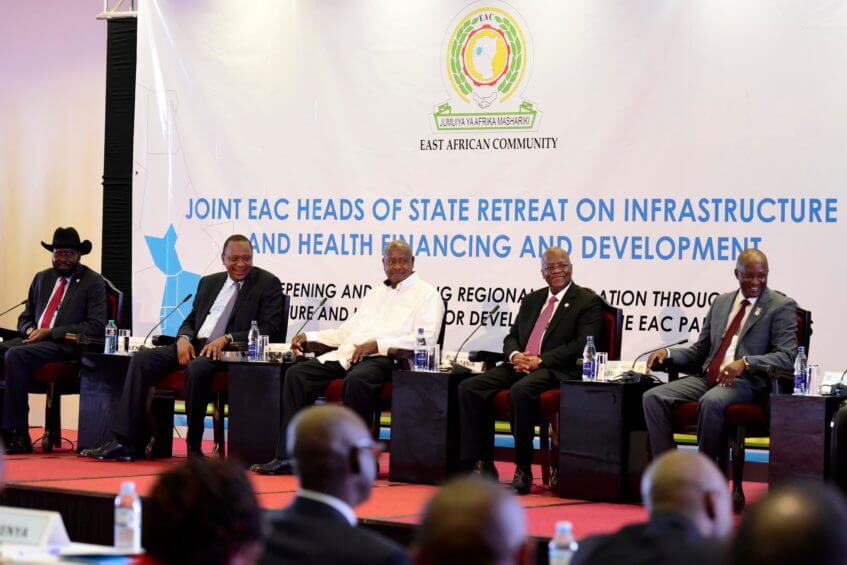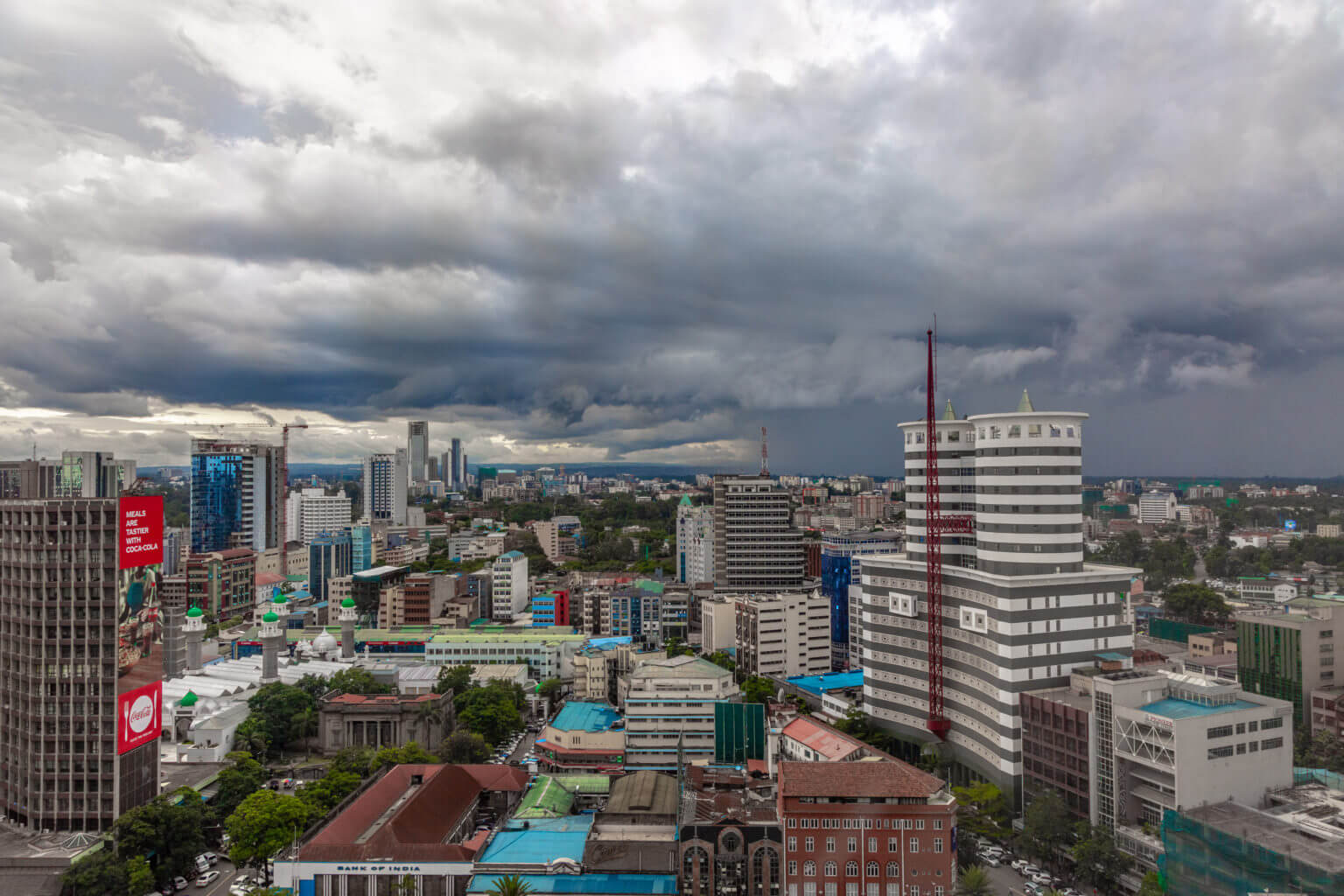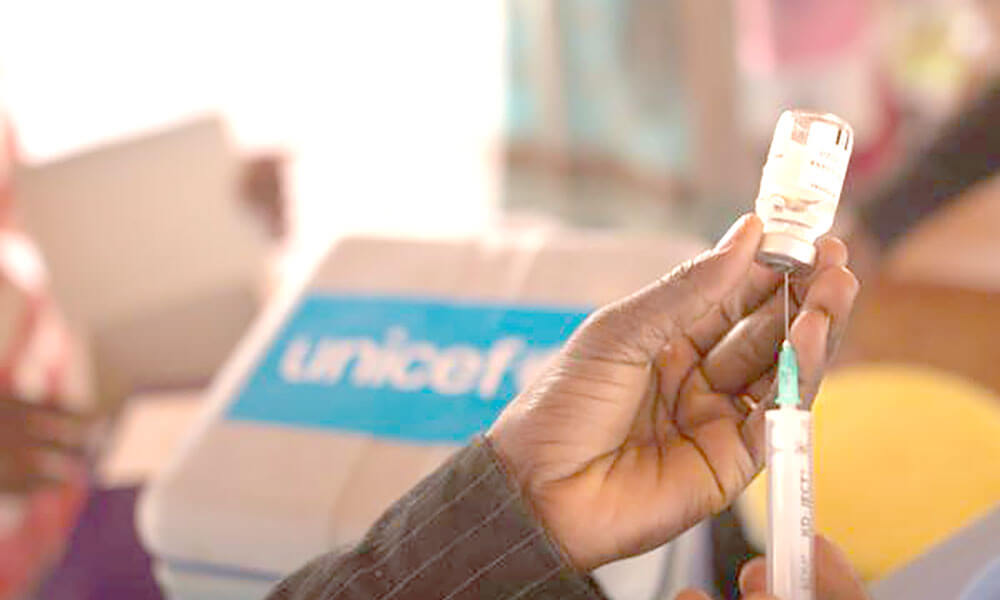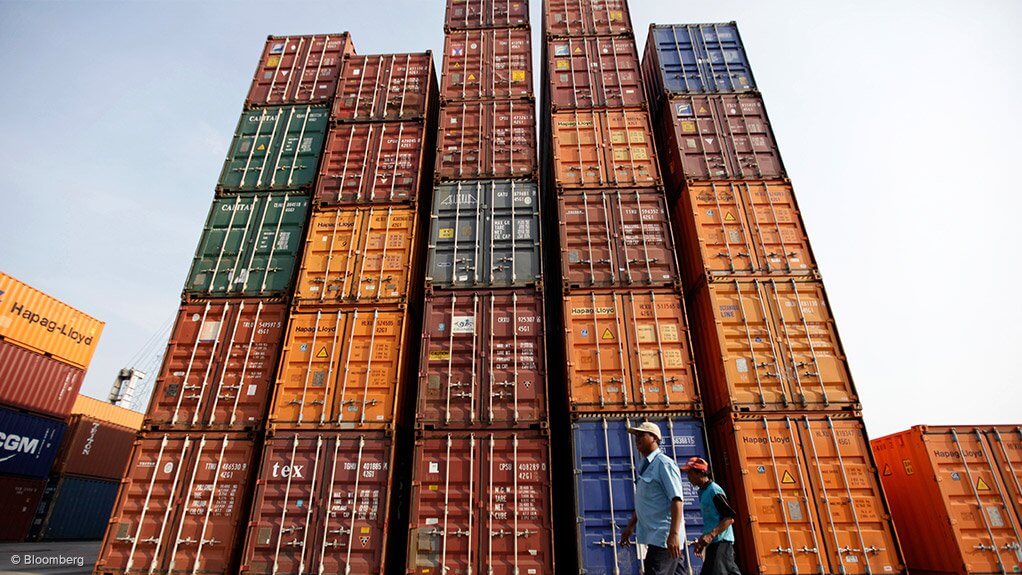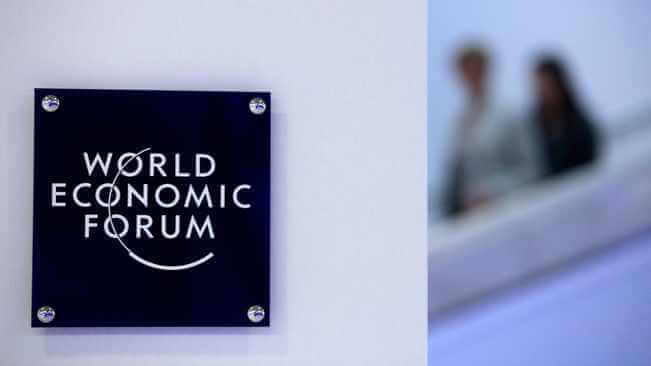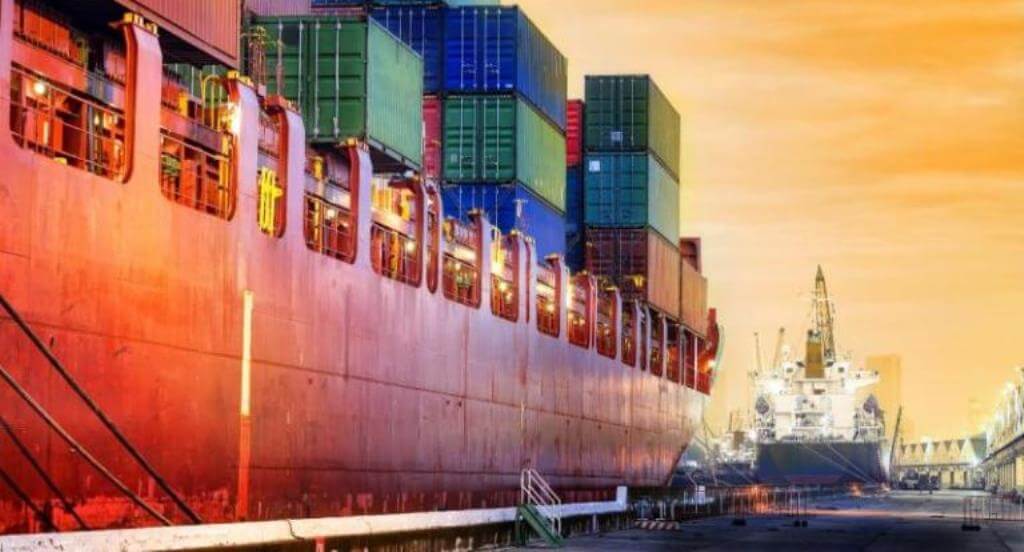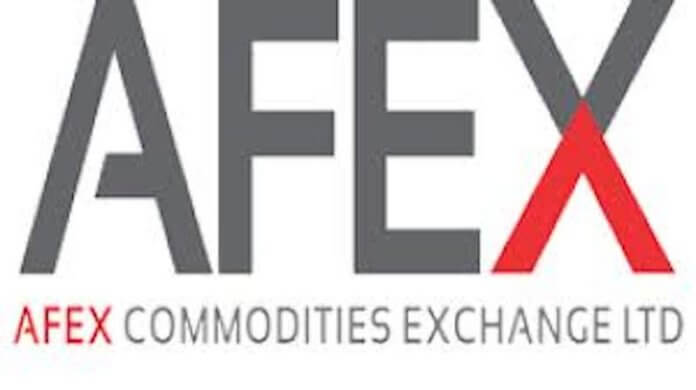Addis, 25th January: TradeMark Africa with funding from United Kingdom’s Foreign Common Wealth & Development Office (FCDO) has doubled its efforts in support to Ethiopia’s fight against COVID-19 delivering an additional batch of Personal Protective Equipment to ministry of Transport, and Ethiopian Customs Commission. The assistance includes Reusable masks, Hand sanitisers, Hand washing points, Disinfectant spray, Infrared Thermometer, Reusable Safety Boots, Full protective PPE for front line health workers, N95 face masks and face shields. The personal protective equipment will be made available to frontline workers at various border points to protect them from the risk of getting infected with COVID-19. TMA first delivered the PPE’s on 29th December 2020 in the presence of government ministers and British Embassy representatives as well as TMA-Ethiopia Country Director Mr. Tadesse Yimamu and Ministry of Transport state Minister MR. Kassahun Gofe. The PPE’s issued is worth more than US$ 30,000 and will cover the needs of an estimated 150 staff at Galafi and Togo Wajile for a period of two Months. The partners have already distributed the PPE Galafi border the transit point of 95% of Ethiopia’s external trade volume with an estimated 1500 trucks crossing every day. The support is provided as part of TMA’s SafeTrade Emergency Facility (Safe Trade) programme whose component in Ethiopia is financed by FCDO. Making his remarks at the event, the Minister of Transport state Minister Mr. Kassahun Gofe thanked TMA and the British Embassy for the support, underscored that, “people working in transport sector and border...
Ethiopia’s fight against COVID-19 receives a boost as TMA delivers Personal Protective Equipment for front line workers at key border posts
Posted on: February 1, 2021
Posted on: February 1, 2021

